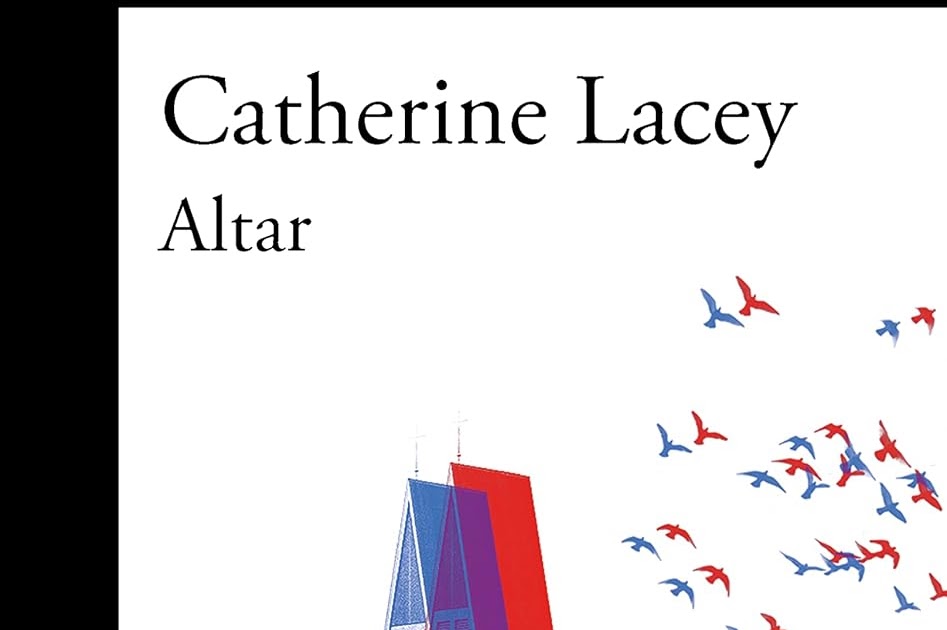
Original Language: English
Títutulu Original: Pew
Year of publication: 2020
Translation: Núria Molines
Valoración: quite recommended
I decided, following my previous review of Catherine Lacey, investigate the work of the American author. A seemingly simple thing, she is a young author and has published only four novels, which I will review in a chronologically inverse order to its publication, I will see if a progression is appreciated, since the American literary scene usually responds to initial outbreaks that, on too many occasions, the list is extensive, do not usually curdle in continuous, regular, coherent careers; qualities that perhaps in these times are not necessarily the panacea, but giving us the classic patterns, it usually works as follows: some tanteo novels until style, consolidation, maturity works are defined.
Biography of x I would fit in this group. Theme novel and ambitious structure, very well received. Altarin this sense, it is a work that has little in common because it is a much more introspective novel. Altar It is the name that a person receives, we will not know or his gender throughout the novel, and his name is what is given when he is sleeping near the altar of a church that he has gone to take refuge. That of a town in the southern United States, at a time that we do not just identify. The small community acts in a hospital manner, and Altar is being welcomed in various homes, understands what is told but does not speak, does not give any indication about its past, about how it has come there, despite the insistence of those who give it shelter, shows a passive and tenacious attitude, even refusing an alleged medical review with the intention of verifying their health status. Altar is persistent in that attitude, but the community begins not to accept its elusive attitude, its self -absorption, theories about their past and the hospital attitude begin to have nuances, to accuse fissures.
Altar It works, obviously, as a parable, and has not a few audiovisual equivalent, although it reminded me a lot, in its development, in its reptilica intrigue, to Dogville, Lars von Trier’s classic, one of those that I call movies Babrons in the sense that they reveal, at an almost level faulkneriano, The larva of evil that nests sometimes hidden after the apparent goodness, the inevitable rejection of what is not reached into the established. I believe that the pure choice of the character’s profile, of age and gender, is made with a pure intention to universalize the narrative and make it adaptable to many situations, an issue that involves assuming some risk, because the story that is told to us, although its temporal location is not identified, has contemporary roots, would say that unfortunately, by the signaling of the different from us for its mere difference, even if it is harmless. Altar passes from family as a family and barely exchanges a few words with another character that has undergone circumstances similar to his own, cause no more problems beyond his sullen and elusive attitude, it is not violent, it is not annoying, it seems just pending that his presence is anonymous and has no impact.
Source: https://unlibroaldia.blogspot.com/2025/07/catherine-lacey-altar.html


